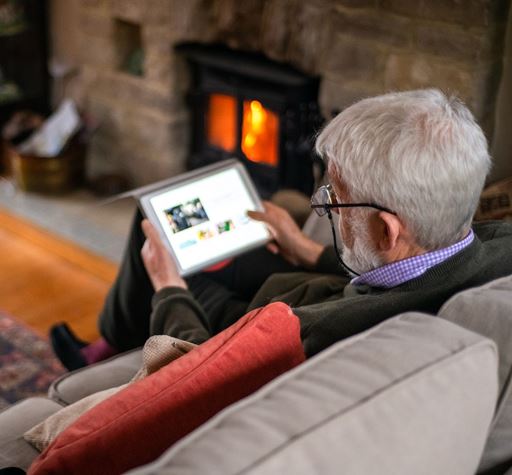Social Care

A range of new and emerging technologies are being used by individuals, their families, and care providers for different purposes in social care.
For example, to monitor health and wellbeing, such as detecting a fall; carrying out discrete household tasks, such as vacuuming; stimulating long-term memory and setting reminders for particular tasks, such as taking medicine; supporting decision-making by care providers; and detecting pain.
These technologies could support people to live independently, participate in their communities, and make autonomous decisions. However, the current design and use of many technologies pose acute risks to the right to privacy, which is particularly serious given that these technologies are deployed in people’s homes, including in bedrooms and bathrooms, and may be recording, processing and sharing data about the most intimate details of older people’s lives. These risks may increase as technologies become more sophisticated, and are able to interact, for example, within the context of a smart home.
Our research on the human rights of older people shows how two futures are possible. One is a future of increasingly remote and automated services where these new technologies contain costs and maintain us.
The other is a future in which these technologies become instruments for achieving the best conditions for later life, based on rights, autonomy, dignity, and social connection.
Our research argues that it is critical for both social care and the design, development and deployment of new and emerging technologies to be based on human rights principles in order to ensure that where technologies are used in social care, they advance, rather than threaten human rights.
.jpg?h=250&w=500&crop=1&hash=90142B3BAB580246CCA27479C73771E8)












